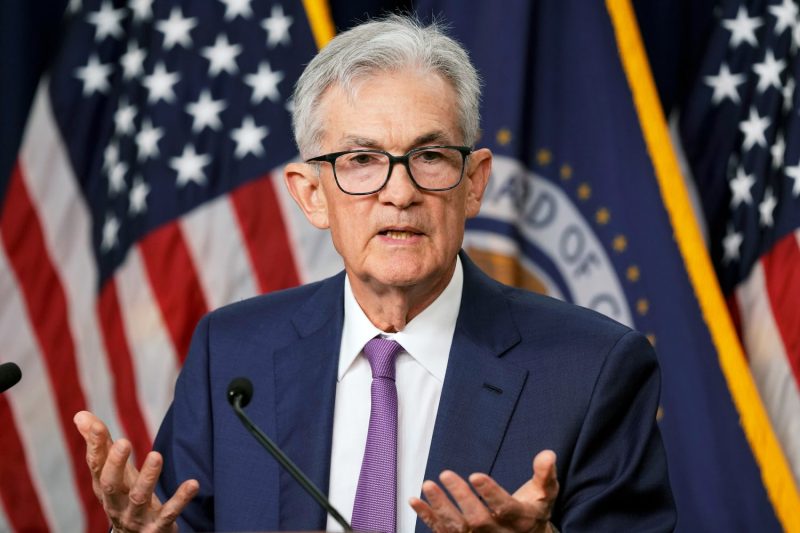In recent economic news, Federal Reserve Chair Jerome Powell has made statements regarding inflation and interest rates that have garnered significant attention. Powell acknowledges that inflation has been higher than initially expected, and as a result, he anticipates that interest rates will remain steady for the time being. This announcement comes amidst a backdrop of increasing concern about inflationary pressures and their implications for the broader economy.
The acknowledgment by Powell that inflation has been running higher than previously anticipated reflects the ongoing challenges faced by policymakers in managing the U.S. economy. Inflation has been a key concern for the Federal Reserve in recent months, as rising prices have put pressure on consumers and threatened to erode purchasing power. Powell’s admission that inflation has exceeded projections suggests that the central bank may need to reassess its monetary policy approach in response to these developments.
One of the key tools at the disposal of the Federal Reserve in managing inflation is the setting of interest rates. By adjusting interest rates, the central bank can influence borrowing costs and, in turn, influence spending and investment in the economy. Powell’s statement that rates are expected to hold steady indicates a cautious approach to policy tightening, suggesting that the Fed may be hesitant to raise rates too quickly in response to inflation concerns.
The decision to maintain current interest rates reflects the Fed’s efforts to balance the need to address inflationary pressures with the desire to support economic growth. Raising rates too quickly could potentially stifle economic activity and push the economy into a recession, while delaying rate hikes could allow inflation to spiral out of control. Powell’s comments suggest that the Fed is treading carefully in navigating these competing priorities and is taking a cautious approach to policy adjustments.
Looking ahead, the comments by Federal Reserve Chair Jerome Powell signal that monetary policy will continue to be guided by the dual mandate of promoting price stability and maximum employment. Powell’s acknowledgment of higher-than-expected inflation and his expectation that rates will remain steady underscore the challenges facing policymakers in a rapidly changing economic environment. As the Fed continues to monitor developments in the economy, it will be important to consider the implications of inflation and interest rate decisions for businesses, consumers, and financial markets.


























